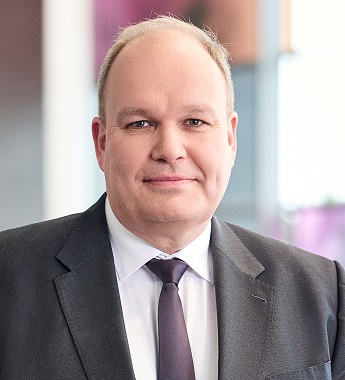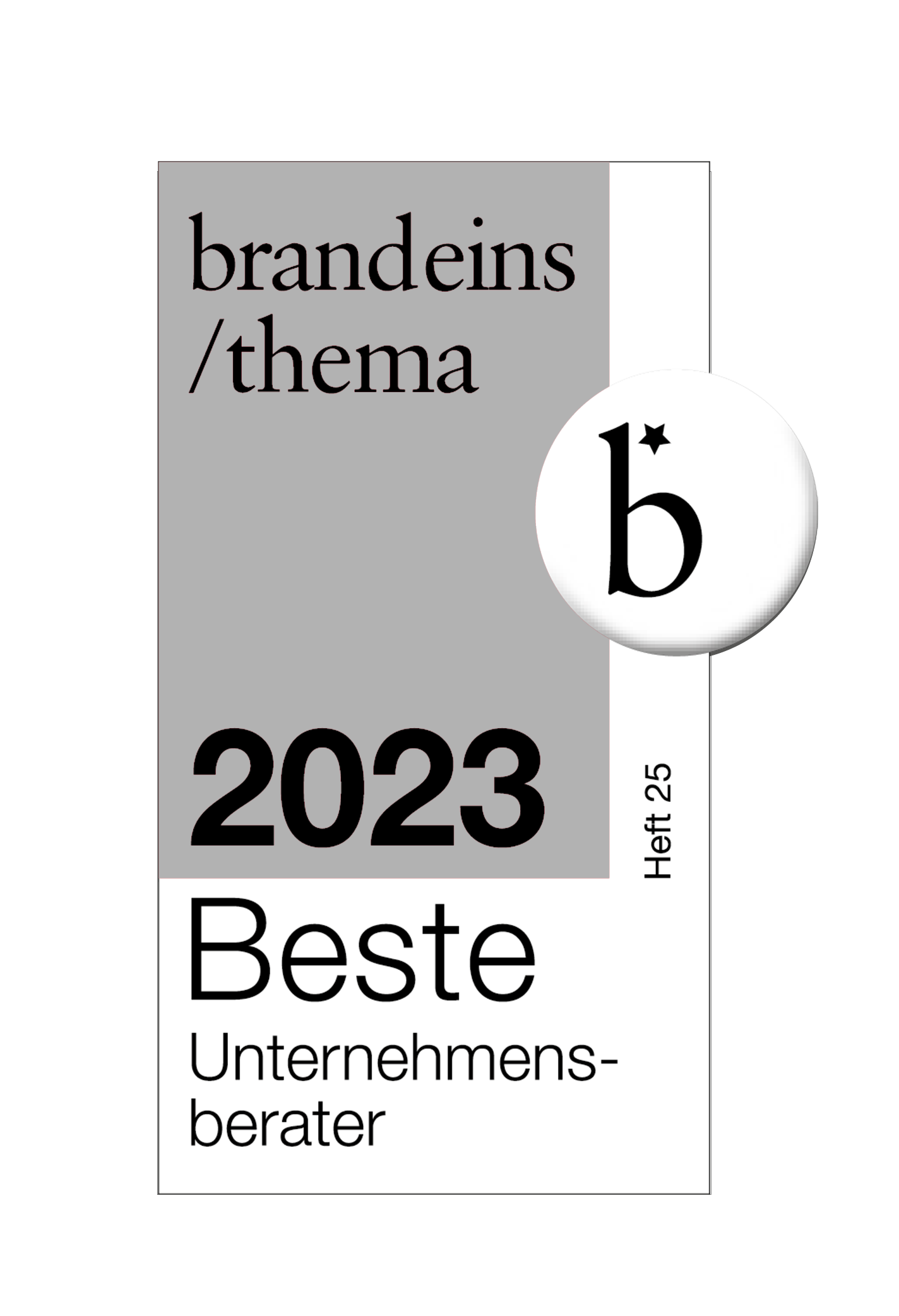Karsten Redenius, member of the executive board of the msg group, on the role of culture and technology in strategy processes and the end of lean philosophy's claim to absoluteness.
Mr. Redenius, the framework conditions for strategic decisions have dramatically lost stability. What does this openness to future options mean for the strategy process and the way decisions are made?
The dynamics of strategy processes require an optimal balance between participation and decisiveness. You have to think broadly and openly when working on strategy and allow and demand impulses, exchange and advice. But you also have to be able to make decisions quickly and precisely, to conclude the exploration phases again and again with clear interim decisions. And this, let me call it wave pattern, needs to be established. In this way, on the one hand, openness, flexibility, commitment and diversity of perspectives can develop their effect.
At the same time, the impact of management processes is maintained and the organization is prevented from becoming too self-absorbed. Because participation does not mean that everybody in the organization has to speak out and be heard on every topic. The idea of participation must not take a life on its own and not paralyze both the organization and creative, content-related working. In companies where board decisions are perceived merely as recommendations for action and invitations to discussion, something is going wrong.
Are there certain values or cultural elements that such strategic thinking requires as a basis?
For diversity, participation and positive assessment of uncertainties to take hold, they need an appropriate cultural framework, which does not yet exist in many companies. This can manifest itself, for example, in a strongly cost-oriented management mindset. However, sustainable company development requires an earnings- and revenue-oriented, mistake-tolerant thinking and action.
The more an organization learns to tolerate mistakes and to resolve disruptions, the better it will eventually deal with them. It becomes more resilient, reaches decisions faster. This creates the space for modern strategy processes that rely on openness, acceleration, decisiveness and permanent adaptation. And not on following a plan that was created five years ago to the letter. Bringing this attitude, this culture, into the organization is a central management task.
In recent decades, the reduction of resource waste, has been an absolute imperative. Thinking further about what you are describing, the impression is that in the future, when it comes to strategic issues and in terms of organizational resilience, we will have to allow for targeted resource surpluses and buffers. Are we witnessing the end of the lean philosophy?
At least the end of its claim to absoluteness. Saving resources in the sense of capacity – I no longer believe in that. Capacity is scarce and becoming increasingly so. We therefore need to focus much more on identifying the right fields of action and the right segments and markets and to addressing them with the people and solutions we have. The time spent squeezing out the last ounce of efficiency is much better invested in identifying scope and enabling the talents that can shape that scope.
How much do data-based technologies influence strategic decision processes – especially when it comes to identifying scope and analyzing environmental factors?
I believe that, on the one hand, data analytics and artificial intelligence can massively accelerate and refine the assessment of the environment. On the other hand, decisions can be more informed and validated by data inputs. It is very important that such tools are not only used selectively, but that they are systematically integrated into the strategy work. Much of the important information needed for strategy development actually exists in the environment of the organizations - it is just not possible to identify it, incorporate in and make it usable for decisions. Technologies can help to change that.
The fact that we are surprised by things that, in retrospect, were obvious, is something we experience again and again. We could have known a lot of things if we had been prepared to do so. Can this bias be countered with systematic environment tracking through AI?
Yes. For example, many companies have experienced a long-term partner suddenly attacking their own business. Only it is often not so sudden. But through personal relationships, or certain notions that we have cultivated, we have not seen the signs. And that's where assistive technology can definitely help to balance out this bias. But the notion of AI accompanying the strategy process is not yet ingrained in most organizations today. That, too, requires a profound cultural change.
Jean-François Lyotard said that “it is necessary that something happens. But what happens is never necessary”. Is that what it is all about? Do spaces need to be created and culturally safeguarded for this in organizations?
Yes. And in many organizations, a profound change is needed to make an open approach to a project acceptable: setting up a project, providing it with resources, preparing it, not knowing exactly what content it will have to produce in the end. It takes the ability to keep creating these spaces along a route that is only outlined in essentials, to be able to react to things and prepare for something to happen. Because the fact that something happens, the disruptive variables, can be anticipated with an appropriate sensor system. This is what resilience is about, both of the organization and the strategy. And this requires an extreme amount of trust in the organization, a great deal of creative freedom, mistake tolerance and creativity.
Interview with
"The idea of participation must not take a life on its own and not paralyze both the organization and creative, content-related working."
"Sustainable company development requires an earnings- and revenue-oriented, mistake-tolerant thinking and action."
"The time spent squeezing out the last ounce of efficiency is much better invested in identifying scope and enabling the talents."
"The notion of AI accompanying the strategy process is not yet ingrained in most organizations today."
"It takes a profound change for an open approach to become acceptable in a project."
Find out more.

Karsten Redenius
We are looking forward to hearing from you!
Related topics
-

The impossibility of strategic planning -
Part 1Karsten Redenius, member of the executive board of the msg group, on the impossibility of strategic planning, dealing with uncertainty and the balance between stability and flexibility in corporate development.
- 1
- 1
-

Business Agility Check
Strengthening sustainability with the maturity model of msg advisors.
- 1
What we offer
-
We are defined by our in-depth knowledge of the structures, trends and future opportunities of our core industries!
Industry-expertise
-
From the boardroom to the shop floor, we understand the challenges of the key functions!
Functional expertise
-
We create growth and efficiency drivers using smart technologies, systems and data analytics!
Data and technology
-
We develop cross-industry digital ecosystems for the business models of the future!
Ecosystems of the future
-
We develop future scenarios and design implementation-oriented transformation roadmaps!
Thought leadership
- 1




